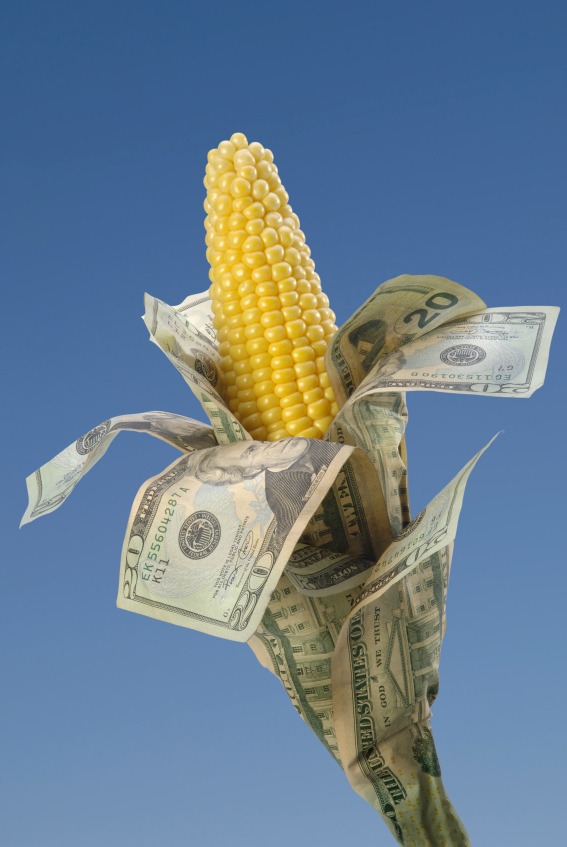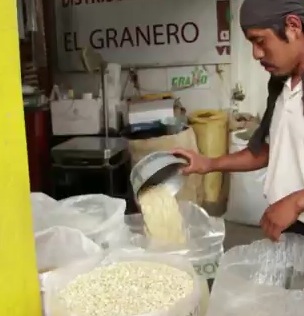 For Mexicans, maize is not only the key ingredient of their daily staple, corn tortillas; it forms an integral part of their cultural identity — according to legend, the Mayan gods created people out of maize, and it was the cultivation of this crop that propelled the rise of Mayan civilization. But soaring corn prices are making it harder for many Mexicans, especially in poor, rural communities, to afford this basic necessity. And experts say the increase in food speculation has something — if not everything — to do with it.
For Mexicans, maize is not only the key ingredient of their daily staple, corn tortillas; it forms an integral part of their cultural identity — according to legend, the Mayan gods created people out of maize, and it was the cultivation of this crop that propelled the rise of Mayan civilization. But soaring corn prices are making it harder for many Mexicans, especially in poor, rural communities, to afford this basic necessity. And experts say the increase in food speculation has something — if not everything — to do with it.
Writes Tom Levitt for the Ecologist:
In the short-term at least, the impact of this new volume of speculation is far greater price rises in maize than poor families would otherwise have had to suffer — giving them little time to adapt.
In the case of maize, international trading prices have not only trebled in the past decade but also risen in two sudden and unexpected leaps. After rising from around $2 a bushel in 2000 to $3 in 2007, they more than doubled in price in less than a year to reach almost $8 in 2008. After dropping back in 2009, they have now recently jumped towards $8 a bushel again.
… Olivier de Schutter, the UN’s rapporteur on the right to food, is adamant that speculators are to blame for the jumps in food prices. He says prices of key cereal crops like maize have “increased very significantly, but this is not linked to low stock levels or harvests, but rather to traders reacting to information and speculating on the markets.”
Unpredictable weather and bad harvests have always made food prices swing up and down. But a huge influx of new investments in commodities markets — from $6 billion in 2000 to $340 billion in 2011 — has destabilized the market and caused food prices to fluctuate much more wildly than normal.
Mexicans already spend a larger percentage of their budget on food than people in Europe or the U.S., says Ken Shwedel, head of food agriculture for Rabobank in Mexico. When tortilla prices spike, some families have to cut back on education and health care just to afford to eat. Groups like the World Development Movement — and anyone with enough common sense to be a little bit scared by the growing influence of commodities trading — have started calling for measures to limit food speculation. Too bad the U.S. government just drafted policy that amounts to “a giveaway for speculators,” as Tom Laskawy recently reported.
This eight-minute film, produced by the Ecologist, goes into more detail about how unprecedented food speculation on Wall Street affects the lives of everyday Mexicans:




